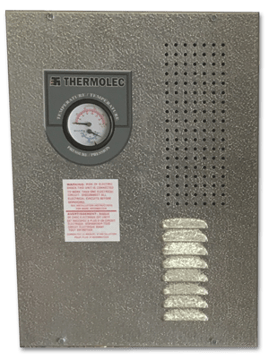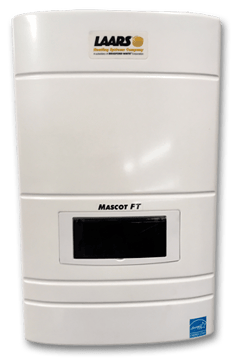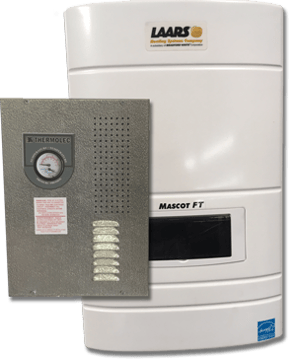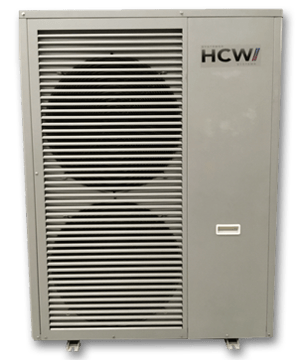Energy Sources
At HCW, we offer a choice of four energy sources for your underfloor heating project.
|
|
 |
Benefits
|
Drawbacks
|
|
|
 |
Benefits
|
Drawbacks
|
|
|
 |
Benefits
|
Drawbacks
|
|
|
 |
Benefits
|
Drawbacks
|
At HCW, we offer a choice of four energy sources for your underfloor heating project.
|
|
 |
Benefits
|
Drawbacks
|
|
|
 |
Benefits
|
Drawbacks
|
|
|
 |
Benefits
|
Drawbacks
|
|
|
 |
Benefits
|
Drawbacks
|